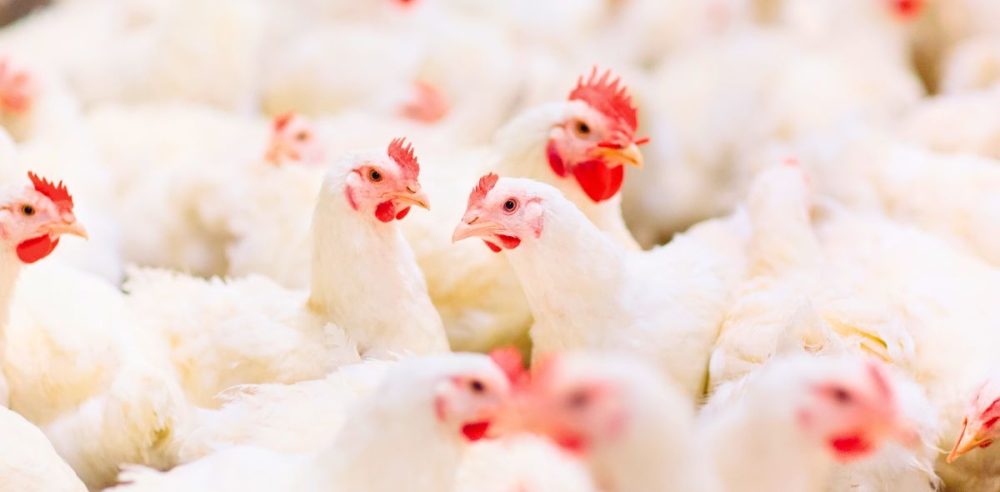Last week, the U.S. Department of Agriculture conditionally approved a vaccine for chickens to combat the bird flu that has devastated poultry farms across the United States.
The manufacturer, Zoetis, announced the conditional licensing on Friday. If successful, the vaccine could help fight back against the flu that has affected over 150 million birds in the United States alone over the past three years, according to the USDA’s Animal and Plant Health Inspection Service (APHIS).
“Zoetis is committed to supporting poultry producers with scientific solutions for Highly Pathogenic Avian Influenza (HPAI). The decision to vaccinate commercial poultry flocks against HPAI rests solely with national regulatory authorities in partnership with the poultry industry,” read the announcement from Zoetis.
Mahesh Kumar, Ph.D., senior vice president of global biologics research and development at Zoetis, said that when a new HPAI strain was found in the United States in 2022, researchers at the company jumped into action to “update our previous avian influenza vaccine.”
“We first worked on HPAI vaccines in 2001-02 when outbreaks occurred in flocks in Southeast Asia. Our readiness with this most recent vaccine is another example of how we continue to live our purpose to nurture the world and humankind by advancing care for animals, ultimately providing solutions to global animal health challenges,” he explained.
“We’ve been working with the administration and with Congress, and we’re very excited today to get the licensure for [the vaccine] in poultry, which we think will be a tool that we will help support the government as they deem necessary,” Zoetis CEO Kristin Peck recently told CNBC.
The United States has previously tried to eliminate the virus primarily through culling efforts, in contrast to poultry vaccinations already occurring in other countries. Vaccinations can carry complications, like making it challenging to identify the virus in birds who have been inoculated. However, given the extent of the problem, with the virus potentially spreading to other animals, including cattle, the strategy may be evolving.
Since March 2024, around 70 people in the U.S. have been confirmed to have contracted bird flu, with one man from Louisiana succumbing to the virus last year. However, as previously detailed in The Dallas Express, cases may go unreported.
The spreading bird flu has resulted in a shortage of eggs, driving prices as high as $9 per dozen in California. Due to the fallout, the accelerating prices have become so severe that Waffle House diners must now pay a 50-cent surcharge per egg.


